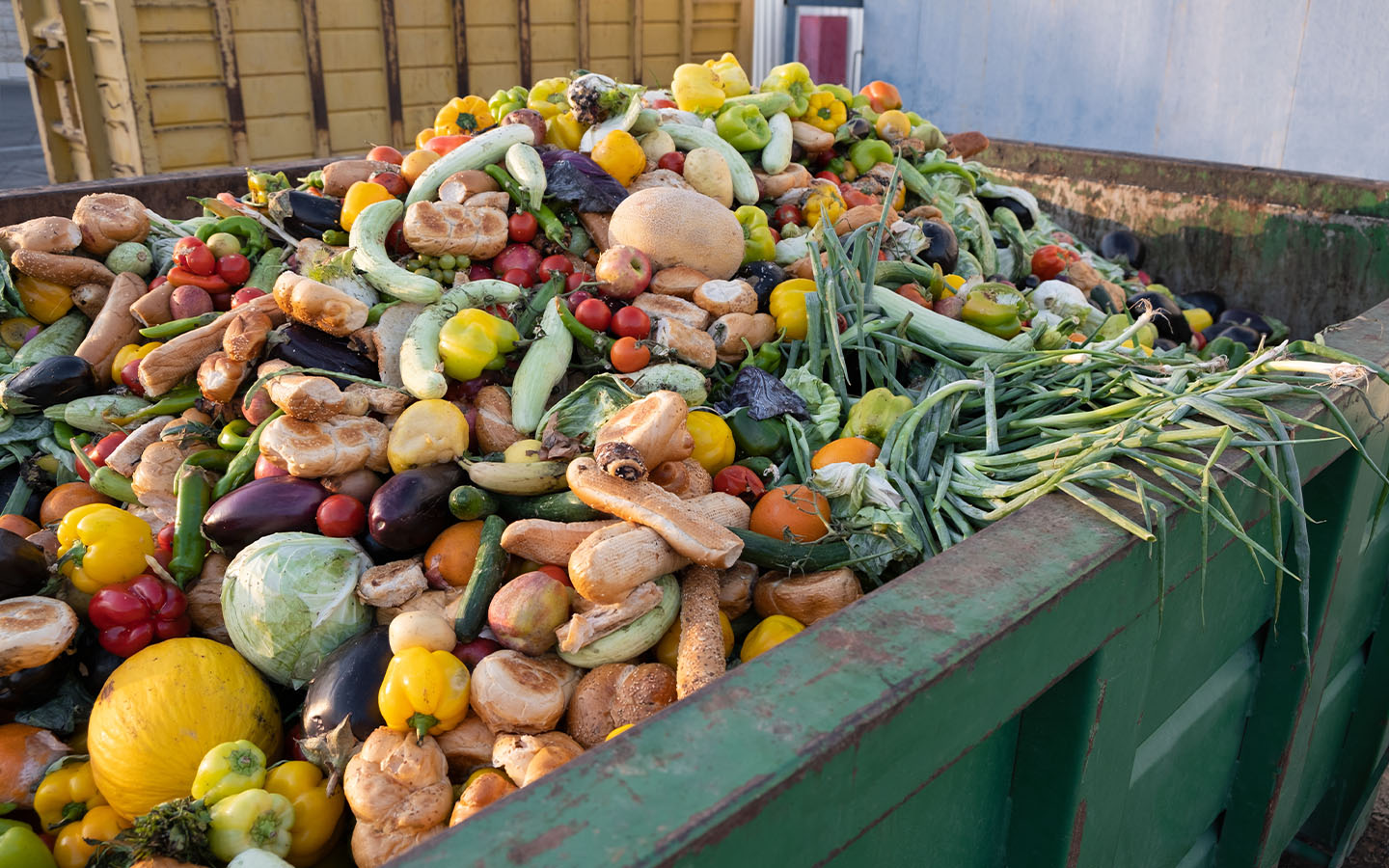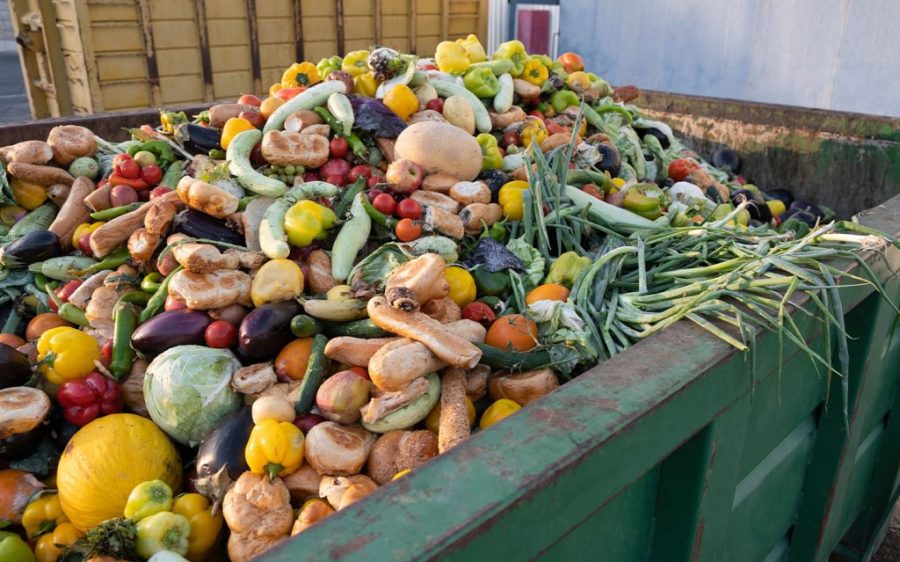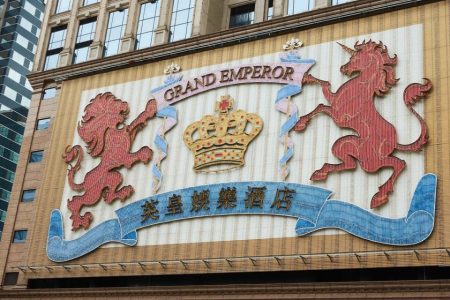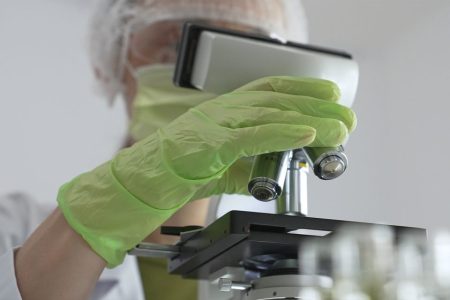When up and running, Macao’s new organic waste recycling centre will be able to process around 150 tonnes of food waste each day, Environmental Protection Bureau director Raymond Tam told the Legislative Assembly on Wednesday.
“We hope that this volume will meet our needs,” he said.
Set to open in 2027, the 1.14 billion patacas project is being built within the city’s existing incineration site in Pac On, northeastern Taipa. It’s designed to handle food waste along with 420 cubic metres of wastewater, the latter mainly from grease traps in restaurant kitchens and chemical wastewater from temporary toilets in construction sites. The new facility will also generate electricity from biofuel produced as the organic matter ferments.
[See more: A third of all food produced gets lost or wasted, report says]
When asked by lawmakers whether the SAR intended to boost its limited recycling capacity, Tam insisted that Macao had to “rely on regional cooperation” for its recycling as there simply wasn’t enough space for them in the city.
Secretary for transport and public works Raimundo do Rosário agreed. At the meeting, he said that Macao’s government had “never incentivised the creation of this industry … and we do not have land available for recycling activities.”
Tam noted that glass bottles collected in Macao were sent to Hong Kong for recycling, while e-waste was exported to either South Korea or Japan. Other recyclable items like plastics, metals, paper and cardboard were sent to the mainland. Regarding non-organic waste that couldn’t be recycled, Tam said that the government needed to focus on improving its incineration capacity.
[See more: Greenhouse gas emissions in Macao soar by almost 20 percent]
Finding new ways to dispose of construction waste was another top priority, Tam added – given the city’s landfill was full. His words may indicate that the city’s leaders are backing down from their controversial plan to build an artificial island off the coast of Hac Sa Beach out of construction waste.
The proposed island was met with dismay and outrage earlier in the year due to its potential environmental impacts, particularly with regards to the Chinese white dolphin. While the government defended the island as a least-bad option, it has since announced that a second public consultation on the project will be scheduled.
Macao produced over half a million tons of solid waste last year, a growth of nearly 15 percent compared to 2022, according to figures from the Statistics and Census Service.






